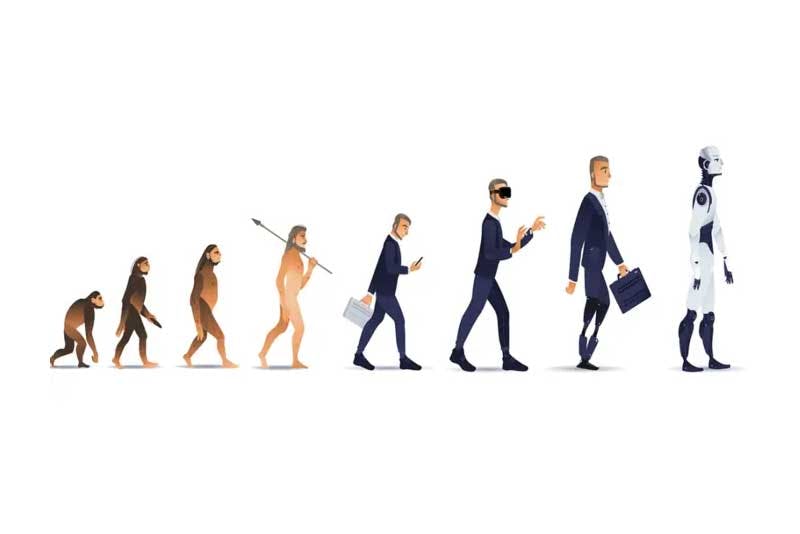The evolution of university recruitment has undergone significant changes in recent years, with the increasing adoption and integration of digital platforms. Traditional methods of recruitment, such as on-campus career fairs and job postings, have been supplemented and, in some cases, replaced by innovative digital strategies. This shift has been driven by several factors, including advancements in technology, changing candidate preferences, and the need for more efficient and cost-effective recruitment processes. According to a report by McKinsey, companies can reduce their cost per hire by 60% using digital recruiting methods. The Society for Human Resource Management (SHRM) estimates that recruiters can save up to 80% of their time by using AI-powered recruitment tools.
> One of the key drivers behind the embrace of digital platforms in university recruitment is the rise of online job boards and professional networking sites. Platforms like AcademicJobs.com, LinkedIn, Indeed, and Glassdoor have become popular destinations for both candidates and employers. These platforms offer a vast pool of talent and provide an efficient way for employers to reach out to potential candidates. Employers can post job openings, search for qualified candidates, and even engage in direct communication through messaging features.
> Social media platforms have also played a significant role in the evolution of university recruitment. Platforms like Facebook, Twitter, and Instagram have become powerful tools for employers to connect with candidates and build their employer brand. Companies now leverage social media to showcase their company culture, share job openings, and engage with potential candidates. This shift has allowed for more personalized and targeted recruitment efforts.
> Some interesting data on the impact of Social Media:
-
-
- As of January 2021, there were 2.85 billion monthly active users on Facebook.
- Twitter has over 330 million monthly active users worldwide.
- Instagram has over 1 billion monthly active users.
- A survey by CareerBuilder found that 70% of employers use social media to screen candidates.
-
> In addition to online job boards and social media, virtual career fairs and recruitment events have gained popularity. Virtual career fairs provide a convenient and cost-effective alternative to traditional on-campus events. These events typically take place on dedicated virtual platforms where candidates can explore employer booths, chat with recruiters, and even participate in video interviews. Virtual career fairs allow employers to reach a wider audience of candidates from broader geographic locations.
> Some interesting data on the growth of Virtual Career Fairs:
-
-
- The COVID-19 pandemic accelerated the adoption of virtual career fairs.
- In 2020, the number of virtual career fairs increased by 800% compared to the previous year.
- According to a survey by Handshake, 89% of employers plan to participate in virtual career fairs even after.
-
> Another significant advancement in university recruitment is the use of artificial intelligence (AI) and data analytics. AI-powered recruitment tools can analyze resumes, screen candidates, and even conduct initial interviews through chatbots. These tools help streamline the recruitment process, save time, and improve the efficiency of candidate selection. Data analytics also play a crucial role in identifying recruitment trends, evaluating the success of recruitment campaigns, and making data-driven decisions.
> Some interesting data on Artificial Intelligence in Recruitment:
-
-
- The global recruitment software market size is expected to reach $3.41 billion by 2027, driven by the adoption of AI.
- AI-powered chatbots and automated screening tools can save up to 23 hours per hire, according to a study by Ideal.
- A survey by Deloitte found that 33% of HR professionals use AI for candidate sourcing and screening.
-
The benefits of embracing digital platforms in university recruitment are numerous. Employers can reach a larger and more diverse pool of candidates, reduce costs associated with travel and logistics, and leverage technology to streamline and automate recruitment processes. Candidates also benefit from increased accessibility and the ability to explore job opportunities beyond their immediate geographic area.
However, it's important to note that while digital platforms offer many advantages, they should not completely replace in-person interactions and on-campus engagement. Building personal connections, networking, and experiencing company culture firsthand are still essential aspects of the recruitment process. Therefore, a well-rounded recruitment strategy should incorporate both digital and traditional methods to maximize effectiveness.
If you want to talk to us more about university recruitment in academia, contact us at AcademicJobs.
